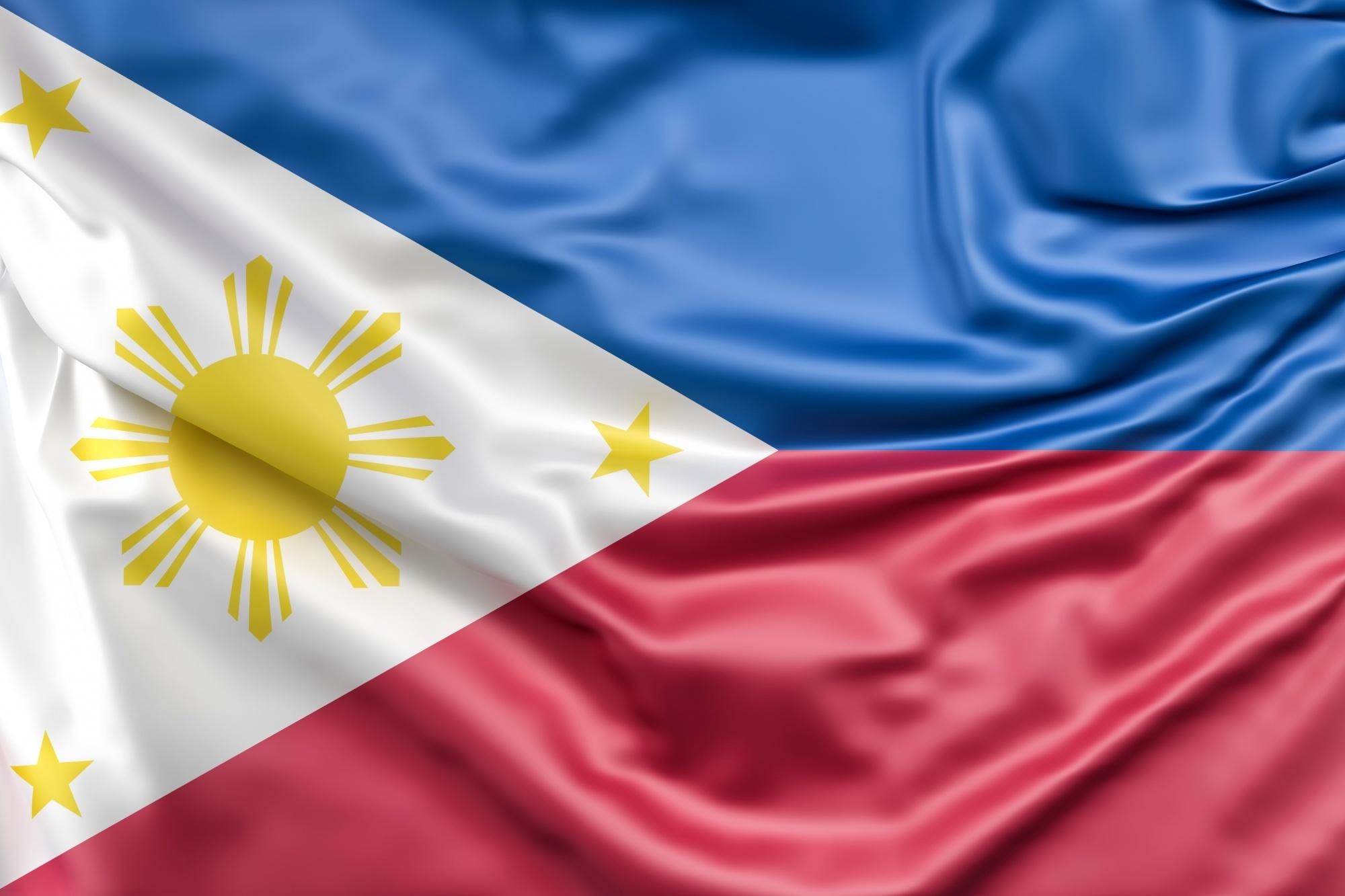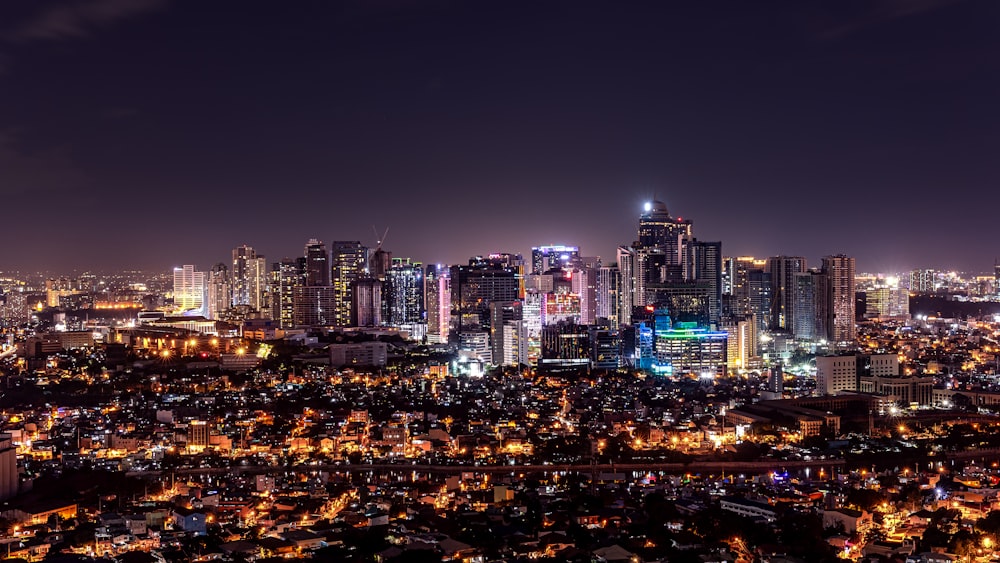
Boracay, Palawan, and Siargao have all been named among the best beaches in the world by prominent travel journals regularly. Because Philippine nationality law is based on the principles of jus sanguinis (Latin for “right of blood”), by ancestry from a Filipino citizen or national parent, one is eligible for Philippine citizenship. This contrasts with the legal principle of jus soli, which states that being born on a country’s land, even to foreign parents, confers citizenship. The Administrative Naturalization Law of 2000 (R.A. 9139) provides a road to administrative naturalization for people born in the Philippines to non-Filipino parents.
Citizenship by Birth
According to Philippine nationality legislation, a person is a Filipino citizen by birth if:
– The individual was born on or after January 17, 1973, and at least one of their parents was a Filipino citizen at the time of birth.
– Or the individual was born before January 17, 1973, and his or her father was a Philippine citizen—or whose mother was a Philippine citizen—and the person publicly elected Philippine citizenship when they reached majority.
– Or that person was born on or after May 14, 1935, and his or her father was a Philippine citizen, or if the father was not, the mother was, and the person elected Philippine citizenship under the 1935 Constitution.
– Or, unless in some limited circumstances, that individual was a native and resident of the Philippine Islands and a Spanish subject on April 11, 1899.
The Philippine government mandates that a notarized report of birth be completed by a parent, physician, or nurse and filed with the Department of Foreign Affairs or a civil registration be completed with a Philippine consulate abroad for Philippine nationals born abroad of Filipino parent(s). A notarized affidavit of birth is signed and filed by the kid, if 18 years old or older, a father, mother, or guardian, for delayed registration. For the issuance of a Philippine passport, birth registration is required. A child or person born overseas to a Filipino parent is a Filipino citizen from birth, and that citizenship can be passed down through generations.
Citizenship by Naturalization
Naturalization was made possible by Commonwealth Act No. 473, the Revised Naturalization Law, which was approved on June 17, 1939. It allowed people with certain qualifications to become citizens of the Philippines through naturalization.
The applicant must meet the following requirements, according to Section 2 of CA No. 473:
- He/She must be at least twenty-one years old on the day of the petition’s hearing.
- He/She had to have lived in the Philippines for a minimum of ten years.
He/She must be of excellent moral character and believe in the ideas underlying the Philippine Constitution, and he must have acted in a proper and irreproachable manner in his dealings with the constituted government as well as the society in which he lives during his entire stay in the Philippines.
He/She must own real land in the Philippines worth at least 5,000 pesos (Philippine currency) or have a well-known lucrative trade, profession, or lawful occupation in the Philippines.
During the entire period of residence in the Philippines required of him before the hearing of his petition for naturalization as a Philippine citizen, he must have enrolled his minor children of school age in any of the public or private schools recognized by the Office of Private Education of the Philippines, where Philippine history, government, and civics are taught or prescribed as part of the school curriculum.
Under Republic Act No. 9139, adopted on June 8, 2001, immigrants under the age of 18 who were born in the Philippines, have resided in the Philippines since birth, and meet other prerequisites may be awarded Philippine citizenship through an administrative procedure if they meet specific criteria.

